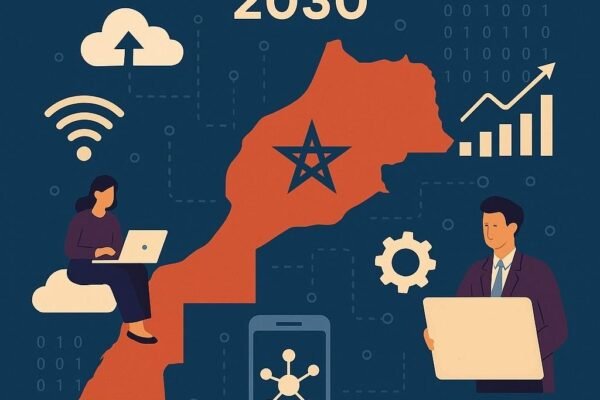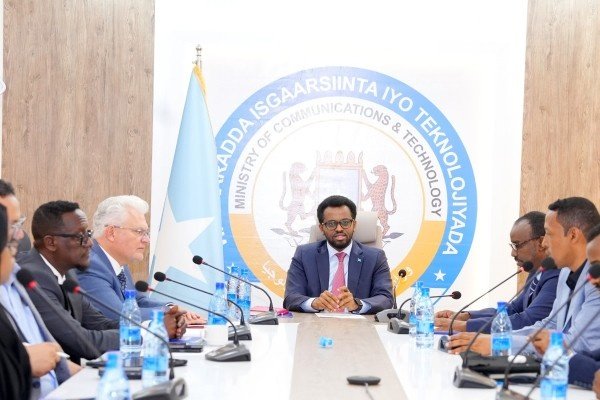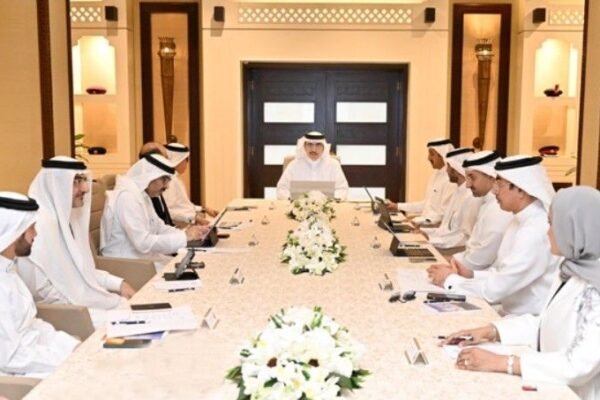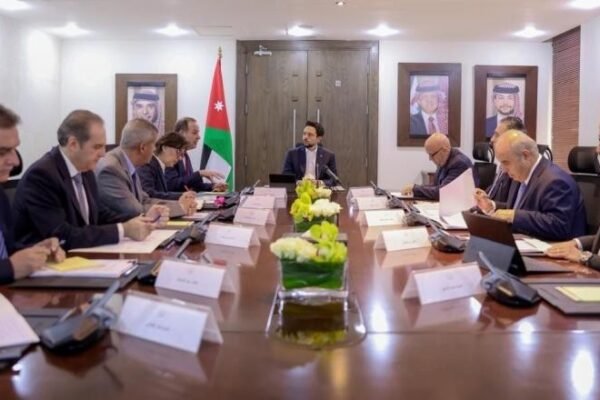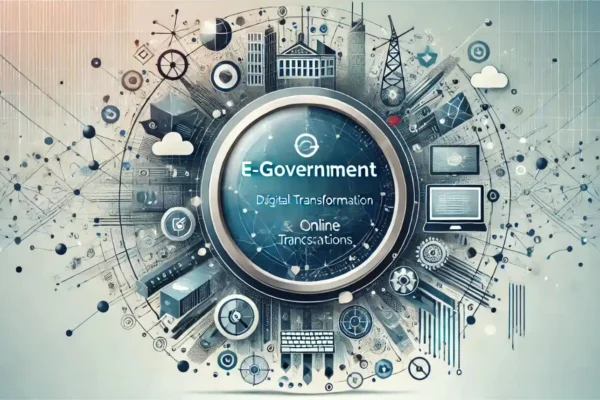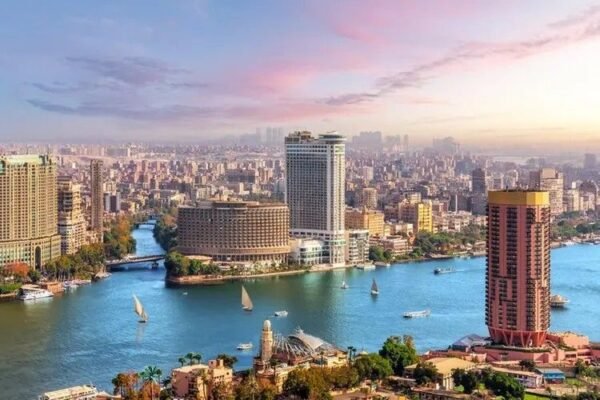
Digital Egypt Platform Sees Major Expansion in Services and Users in 2025
Egypt’s Digital Egypt platform expanded significantly in 2025, surpassing 200 government services and growing its user base to 10.4 million. Transactions increased 300%, new apps and services were added, and e-litigation capabilities expanded. The progress supports Egypt’s wider digital-transformation strategy and improves nationwide access to public services.











